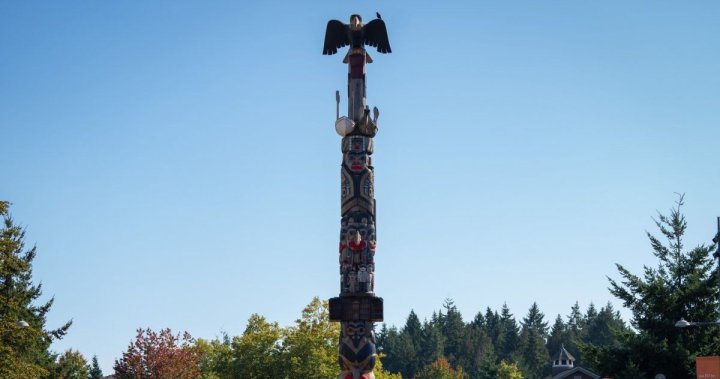In 2024, Canada made significant strides in improving economic participation among Indigenous communities. BC Hydro launched a procurement process that required projects to be at least 25 percent owned by First Nations, receiving three times more proposals than expected. Cedar LNG, a $4 billion LNG terminal off the coast of B.C., will be majority-owned by the Haisla Nation, making it the largest Indigenous-owned infrastructure project in Canada. TC Energy Corp. also announced a $1 billion agreement to sell a minority stake in its Western Canadian gas transmission network to Indigenous communities, although the deal has not yet closed. These developments have given Indigenous people hope for the future.
Historically, large infrastructure projects in Canada have been built on Indigenous territory without equitable benefits for Indigenous communities. However, there is a growing interest among Indigenous communities in acquiring equity positions in major projects as a way to generate revenue and economic opportunities. This interest aligns with Canada’s commitment to reconciliation with Indigenous people and the recognition of Indigenous people’s right to economic self-determination. Corporations are also recognizing the benefits of equity deals, as securing Indigenous support has become crucial for project construction and operation.
Indigenous communities are increasingly interested in equity ownership as the next evolution in relationships between Indigenous communities and project operators in their traditional territories. Law firm Fasken has seen a dramatic uptick in Indigenous equity investments in energy and related infrastructure projects in the last two years. Access to capital has been a key barrier for Indigenous partners pursuing equity ownership, as the Indian Act prohibits First Nations from using their land as collateral. Government-backed loan guarantees in provinces like Alberta have helped increase the number of equity deals, but additional financing options will be needed for larger shares of project ownership.
James Jenkins, executive director of Indigenous Clean Energy, noted that the number of renewable energy projects with Indigenous equity participation has been increasing annually. There are approximately 600 medium- to large-scale renewable energy projects in Canada with Indigenous ownership, and this number is expected to grow as the clean energy transition continues. Jenkins emphasized the importance of increasing the capacity and leadership development of Indigenous communities and businesses to prepare for the upcoming wave of projects in the energy sector. Continuing the momentum of recent developments is crucial for ensuring ongoing participation from Indigenous communities in the clean energy sector.
Looking ahead to 2025, Indigenous communities in Canada are hopeful for continued progress in economic participation and equity ownership in major projects. The successes achieved in 2024, such as BC Hydro’s procurement process, Cedar LNG project, and TC Energy’s equity agreement, have set a positive precedent for future collaborations between Indigenous communities and corporations. As the country focuses on reconciliation and Indigenous self-determination, the momentum towards Indigenous equity ownership in infrastructure projects is expected to expand, providing more economic opportunities and revenue for Indigenous people across Canada.


